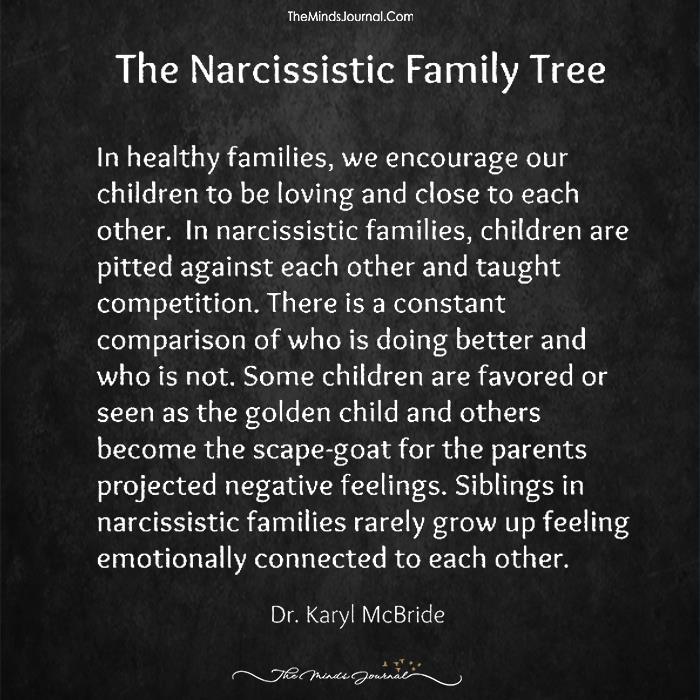The list of characteristic features of narcissists are as follows: primary source of happiness in life is based on Narcissistic supply. This is essentially the constant adoration and attention provided by others. Moreover, the narcissist's primary supply is obtained from others through their need to be accepted by them as special and to have special privileges.
Narcissists also feel a lack of self-worth and frequently complain about negative emotions in other people, especially from their spouse. These negative feelings are usually expressed as anger.
Narcissists have problems managing their anger, which leads them to misinterpret others' perceptions and reactions as hostility. Consequently, these people become defensive and take each negative criticism personally. This often results in violent outbursts of violence against their partners, children and colleagues.
Narcissists are often referred to as tough guys. They tend to be violent and physically aggressive when provoked by rejection or criticism. This is especially true of their spouse. They consider themselves to be better than their partners, so they show aggressive behavior in response to criticism or disapproval of their spouses.
It would be unfair to characterize narcissists as normal people with relationship problems. On the contrary, they are highly pathological people who do not seriously empathize with others and do not care about the needs or feelings of others.
There is a serious problem with narcissism. Most therapists view this disorder as an learned behavior that cannot be unlearned. However, there is a growing recognition that narcissism is a scientific personality trait. The best way to deal with this is to try to identify and confront triggers of his behavior before they take root in the victim's psyche.

To help people with narcissism it is important to understand such people as "people." They are not "packs of wolves that will do whatever they want." They are great at establishing intelligent relationships with people, although they may seem to have little or no emotional needs. at all.
It is important to address the family dynamics as well, since this is where the cause of the problem lies. If narcissism develops in a family environment, it will become difficult to stop them from getting into the family home and eventually, it may lead to dysfunctional family relationships.
One common sign of narcissism in a family member is if their partner is highly suspicious of their family and their relationships with their children. They may also be quick to accuse family members of being involved in secret affairs and sexual affairs, even if they know the truth and don't need to have their partners believe them. Narcissistic people are suspicious, and they usually believe that their partners are guilty of all kinds of "wrongdoing", which is why they resort to anger and mistrust.
This is often a difficult part of dealing with narcissists. Family members need to realize that their partners are probably very capable of being responsible parents, just like themselves. Unfortunately, they have been raised by narcissists and their parents did not teach them to be more loving and supportive. in their relationships with their children. Narcissists believe that their parents' shortcomings were due to their own weaknesses – and so they feel justified in blaming their parents for the failures of their own relationships.
Since narcissists do not value relationships that are built on trust and intimacy, they often refuse to talk to their partners or other family members. Instead, they will resort to accusations of infidelity or adultery. In order to gain insight into their partners' world, the family needs to work with an impartial third party, such as a psychologist, to look at them objectively.
Although narcissists need time to heal their wounds, they usually have difficulty accepting help from other people, which is one of the reasons why it is sometimes difficult to help them accept help. Narcissists need to be shielded from the world and everyone else because they are aware that their partners may be trying to manipulate them. To give their partner a chance to get better and trust them again, they try to blame their partners for their partners' failures.
Narcissists often want to control their partner's lives. Sometimes, family members may be forced into this situation because they don't know how to deal with a controlling partner.
About the author